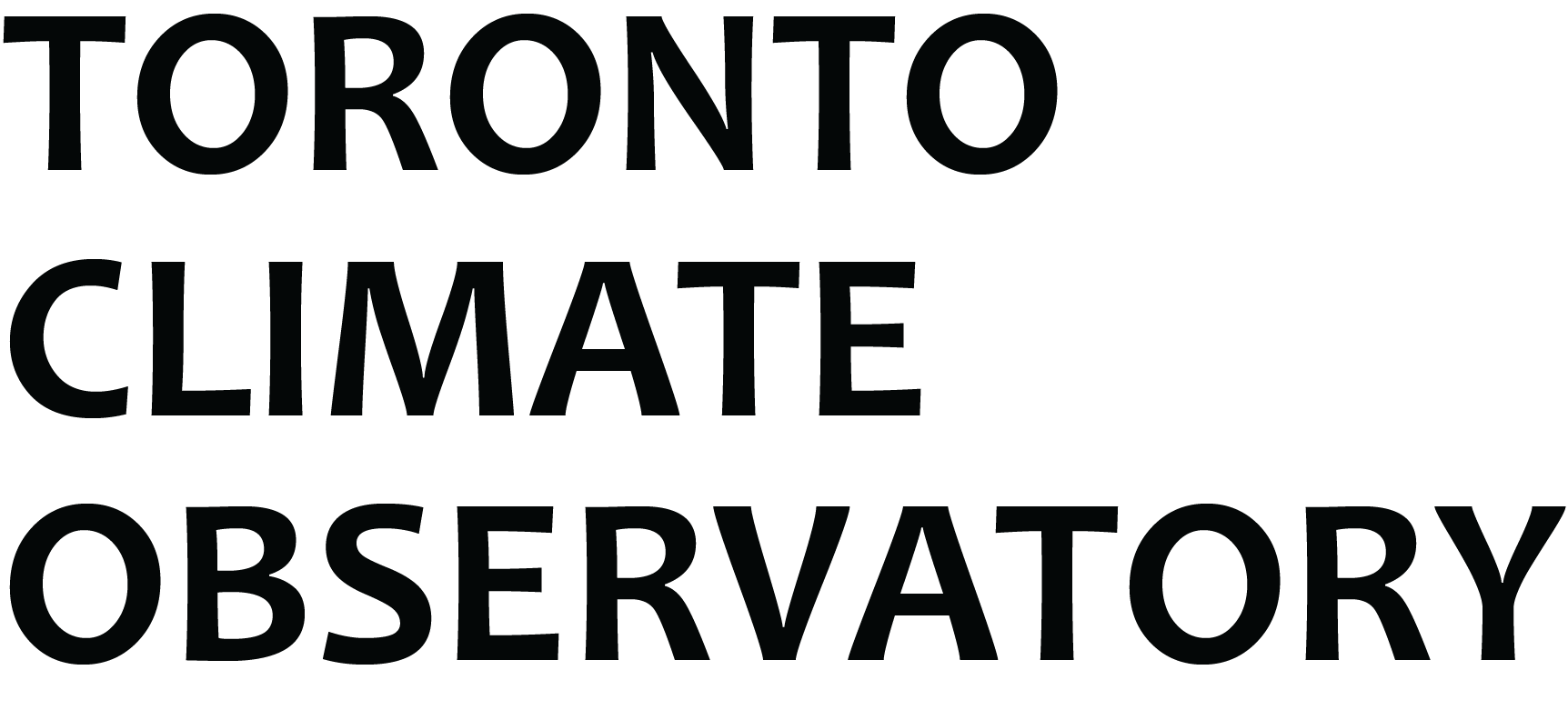
Meeting Public Needs for Climate Impact Information
This research area focuses on working with activist groups, municipal government, emergency managers, and transit planners among other actors to identify opportunities for creating climate data that responds to the local needs of communities, governance, environmental justice, and future scientific research. Activities include a desk review and stock-take of the current situation, and an overview paper of the gaps and opportunities for public infrastructures and practices for accessing, using, and assessing climate data locally.
Climate Data Justice
Our work in this area investigates the differential local impacts of climate change, how data intervenes and shapes land and social relations. It further investigates and expands climate data practices through engagement with community groups working on climate justice at the local level. Activities in this cluster include the development of research networks with civic actors in the space and a set of research protocols and guidelines around collection, management, and use of climate data that center concerns of climate data justice.


Public Engagement and Co-Production of Climate Knowledge
We are building to infrastructures to involve the public co-produce climate change knowledge through citizen science, oral histories, and the arts and This cluster also reimagines middle-out practices to augment macro-objectives with citizen interests and insights for planning and decision making. Other activities include an coming public forum event and materials on civic and epistemic “hooks” that sensitize relevant climate data to the diverse human experiences of climate change.
Physical and Social Science IN
Unstable Climates
Current practices across many parts of physical and social science rely on historical and global records that assume a relatively stable physical climate and political-economic climate. Our activities in this area aim at identifying research priorities that improve our ability to conceptualize and cope with uncertainty, as well as investigating alternative modes of predictive practice such as scenario-based planning and back-casting.


